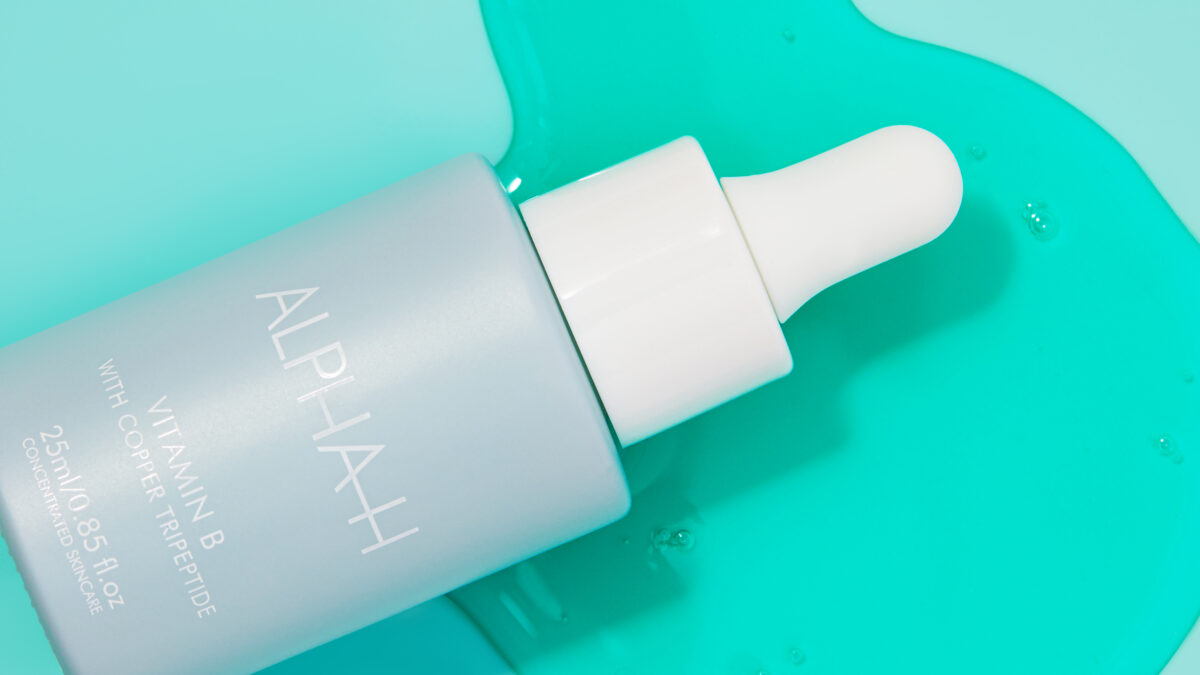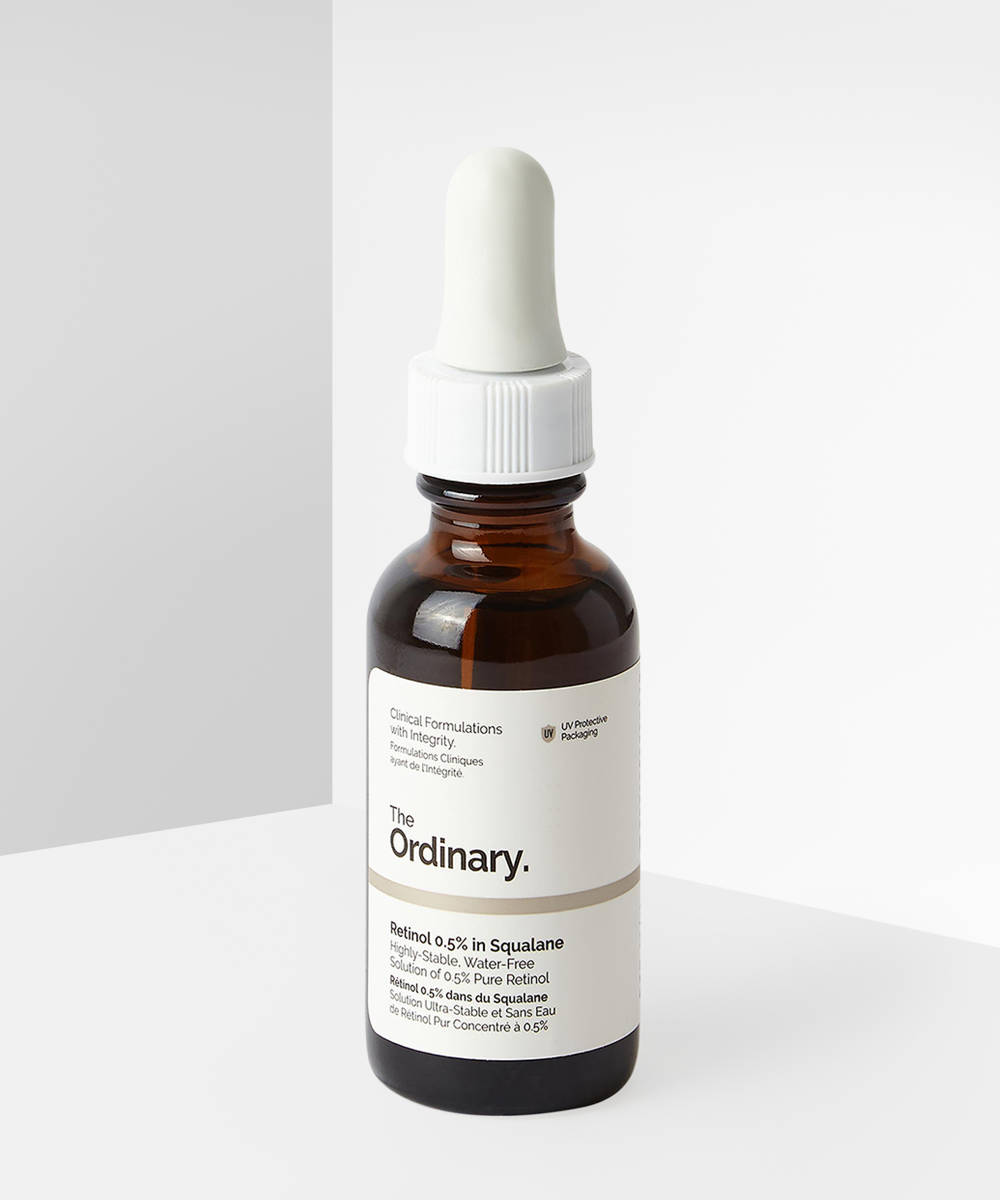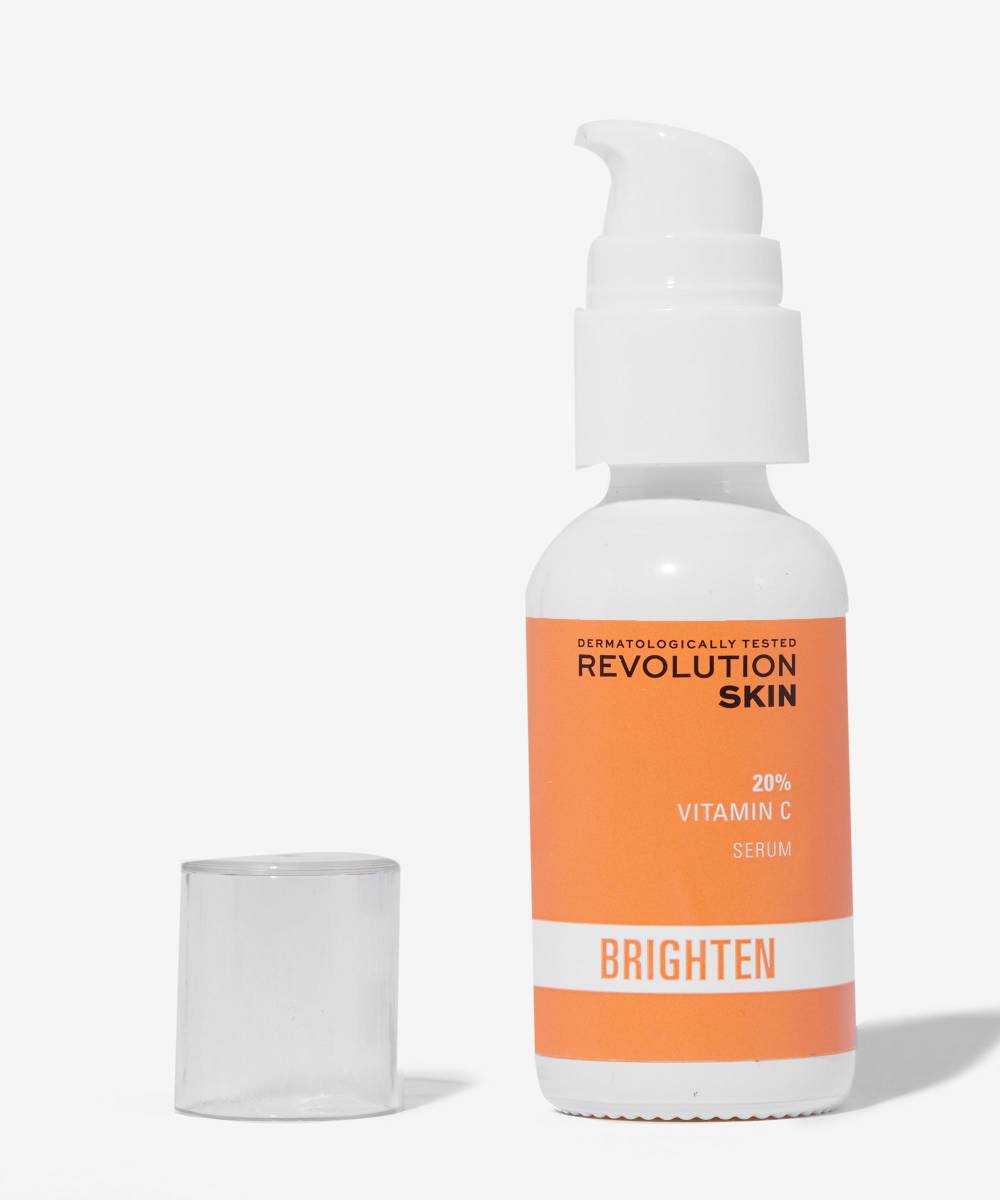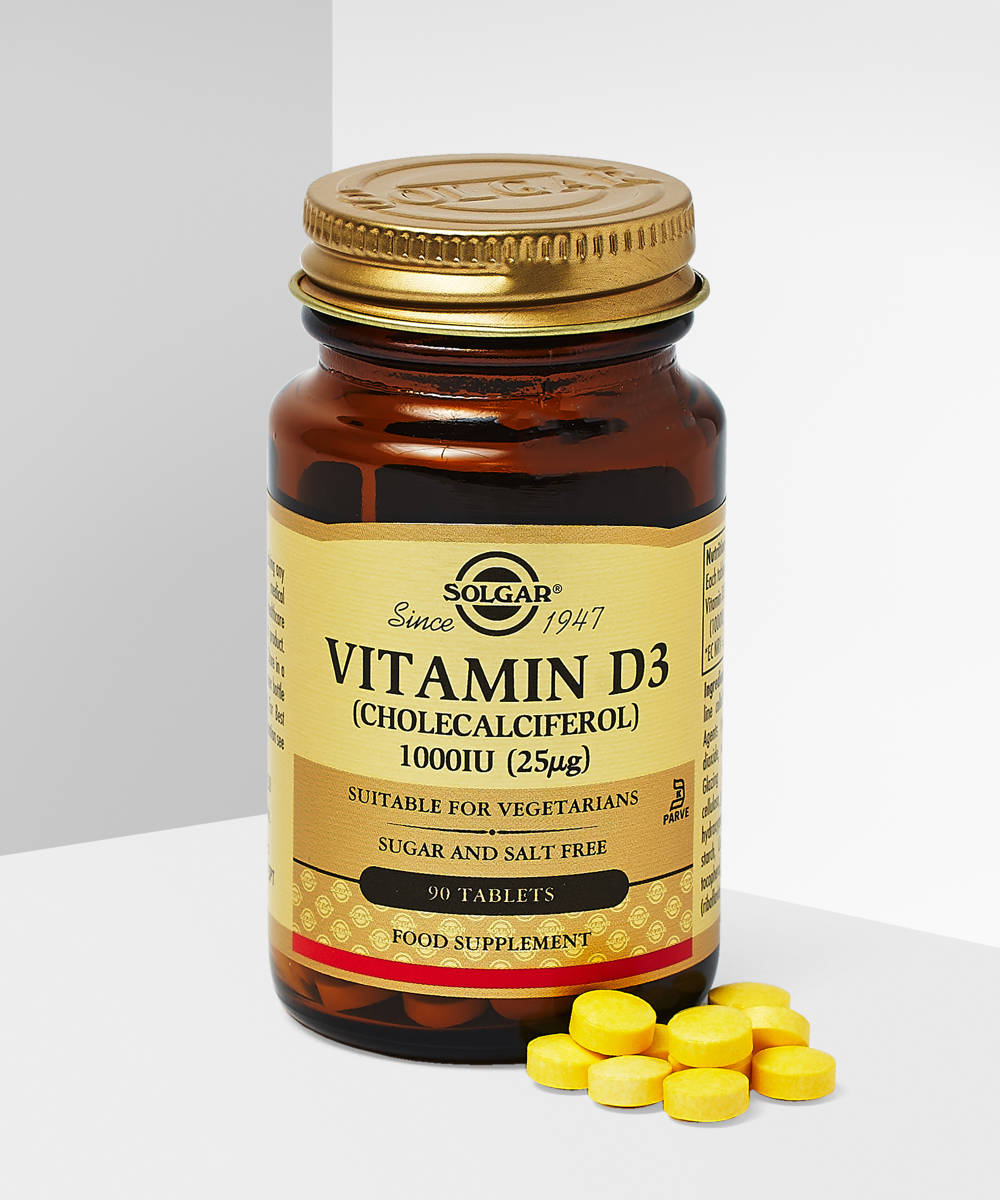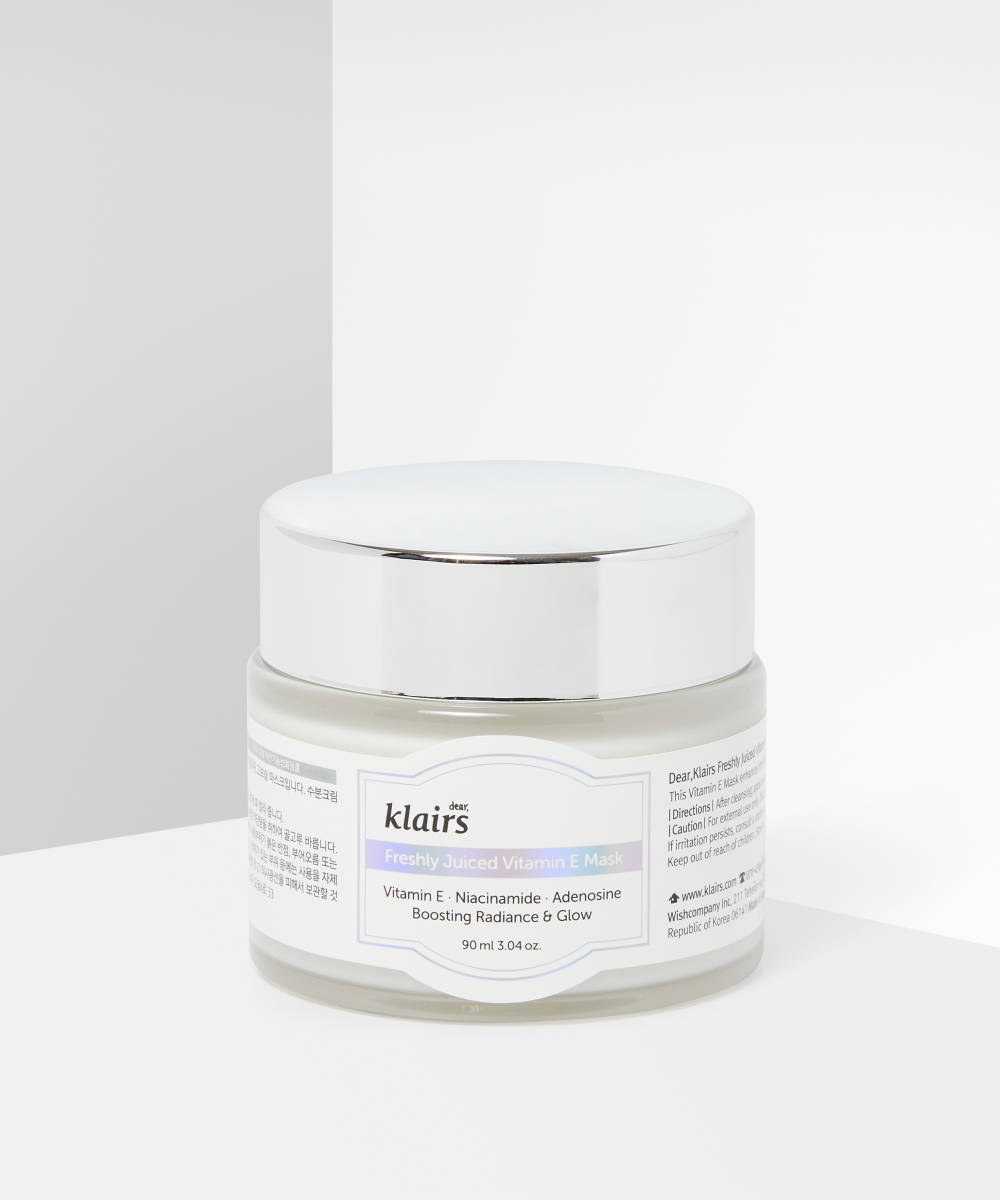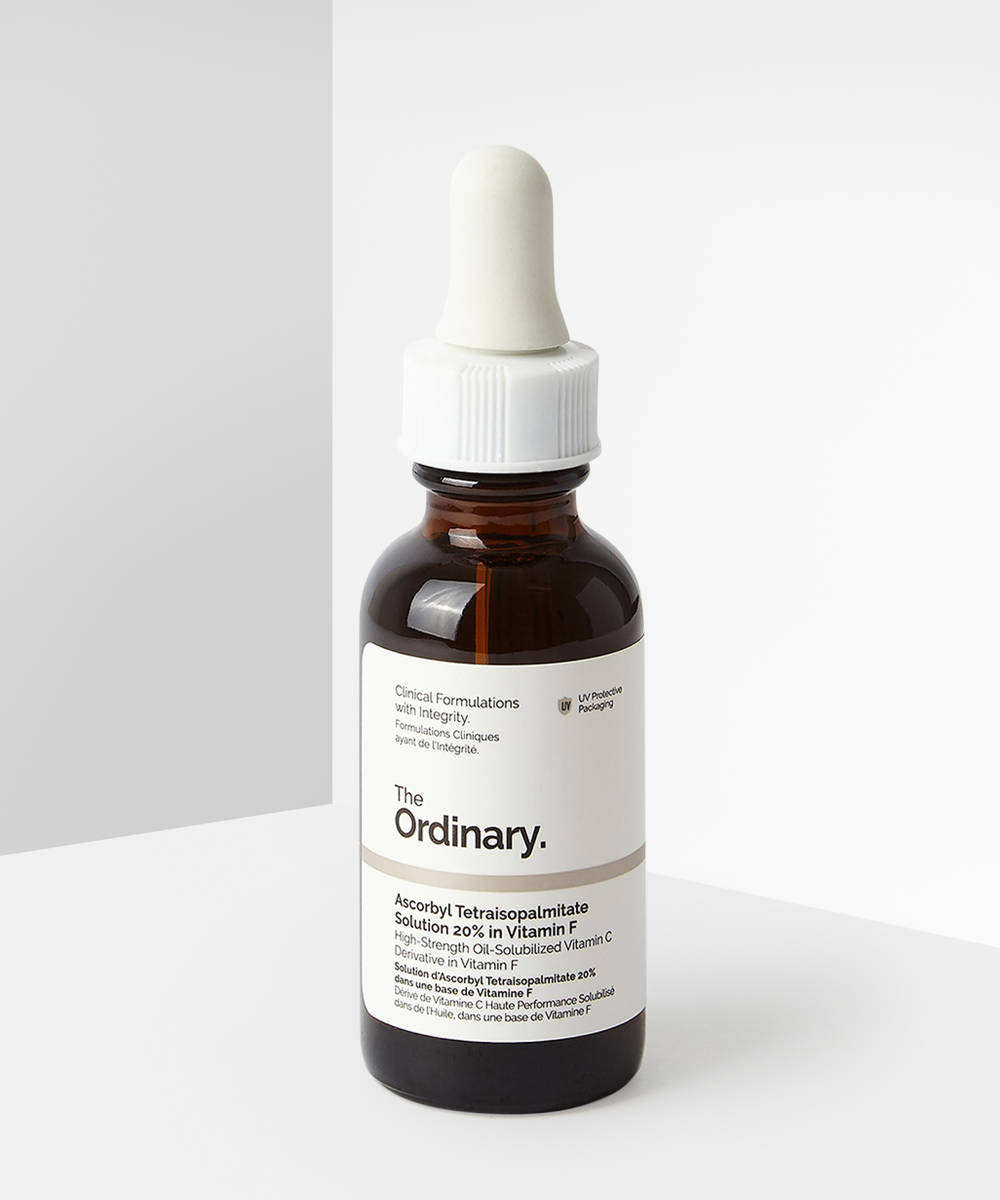We all know how beneficial vitamins can be to support a healthy functioning body, but they also offer specific benefits when it comes to skin, too. Below, we’ve broken down the main vitamins you’re likely to spot in your favourite serums and moisturisers – there’s (at least) one for every one of your skin concerns, so brush up on the benefits to find the best products for your skin.
Vitamin A
Vitamin A helps to stimulate collagen production, which tricks the skin into acting young again and producing new cells. This results in a resurfacing of the skin, lines and wrinkles are softened, leaving brighter, luminous, and younger-looking complexion. However it’s not just an anti-ager – because vitamin A stimulates the skin’s natural renewal process, it can also help to remove any dead skin cells that could be clogging pores and leading to breakouts.
You need it if: You have dark spots, fine lines, loose skin, oily skin, hormonal fluctuations, acne, are going through menopause, find your skin is effected by medications, or live in a humid climate.
Vitamin B
Vitamin B strengthens the skin’s barrier function, which helps both to lock in moisture and to keep irritants and bacteria out. This prevents the formation of dark spots, boosts collagen production, and improves skin’s hydration levels – boosting general skin health. What’s more, vitamin B prevents inflammation and the over-production of sebum (which clogs pores, causing breakouts) and calms post-inflammatory pigmentation, making it ideal for acne-prone and oily complexions.
You need it it: You have acne, blemishes, clogged pores, rosacea, dry skin, sensitive skin, spend a lot of time in an air conditioned environment, or have a low water intake.
Vitamin C
Vitamin C is an easy fix for combatting lacklustre skin thanks to its ability to regenerate and renew skin cells and to inhibit the production of melanin (the chemical that creates pigmentation). It also plays an important role in the anti-ageing process – fighting free radicals, fading dark spots, and promoting the production of collagen which helps scarred and damaged skin to heal faster.
You need it if: You have dark spots, blemish marks, are going through menopause, are experiencing the first signs of ageing, sleep irregularly, live a stressful lifestyle, have a poor diet, or simply just want to glow.
Vitamin D
Vitamin D functions both as an antioxidant (reducing oxidisation of the skin to prevent cellular stress and structural damage) and as a reparative, helping cells to grow and repair. Vitamin D can benefit all skin types (especially those with inflammatory skin conditions like acne, psoriasis, and eczema) because it helps to strengthen elastin and maintain overall skin health. It can be taken orally, but topical treatments have the benefit of immediate penetration of the skin.
You need it if: You don’t get enough sun. Vitamin D is made by our own bodies through exposure to UV light from the sun, but studies show that up to 75% of the UK population have inadequete levels of vitamin D.
Vitamin E
Vitamin E works double-duty as both a powerful hydrator and an antioxidant, working to nourish and strengthen skin, whilst protecting it from pollutants and preventing premature ageing. It’s particularly helpful in reducing any sun damage that’s occurred on your skin as a result of excessive UV exposure and neglecting to wear SPF. Consistent use will reverse the damage caused by the free radicals which damage collagen and elastin – the fibres necessary for good skin health.
You need it if: You have dry skin, spend a lot of time in the sun, travel a lot, experience pigmentation, take hot showers, or find your skin is affected by the weather/temperature.
Vitamin F
Also known as linoleic acid or fatty acids, vitamin F helps to strengthen and maintain the skin barrier and reduce inflammation by creating ceramides, which help to keep skin strong, smooth, and hydrated. It’s found in naturally derived oils such as rosehip oil, olive oil, and argan oil and can benefit skin that suffers from inflammatory conditions like acne and eczema as well as generally dry and sensitive skin.
You need it if: Your skin is prone to dryness, redness, flakiness, and sensitive or inflammatory skin conditions.
